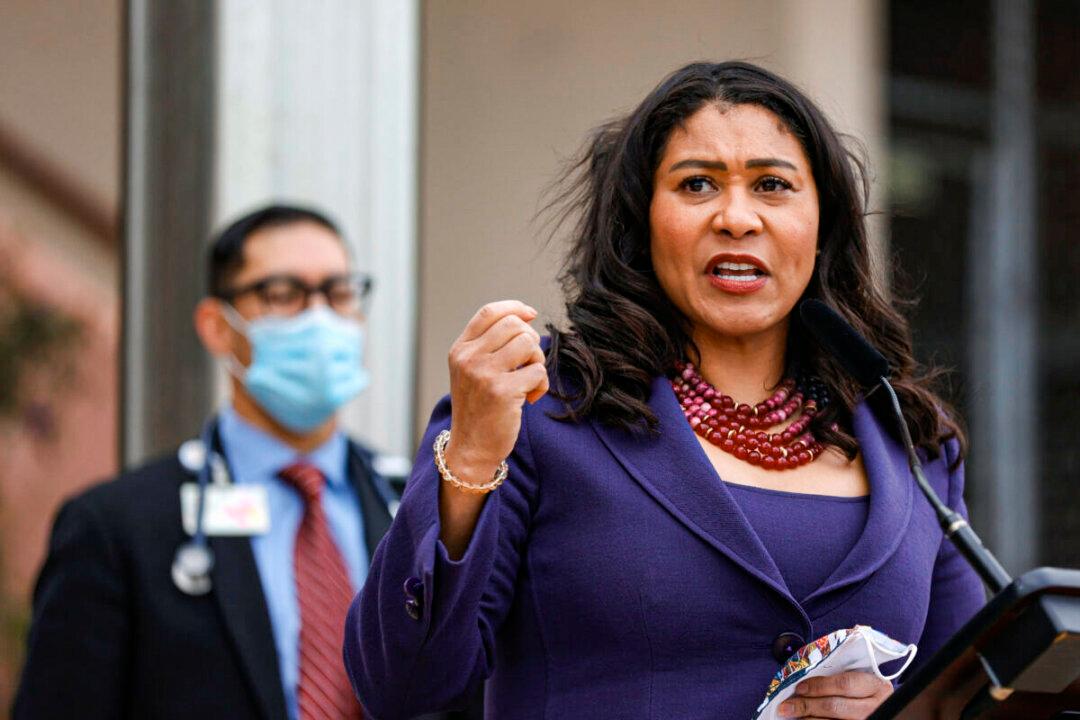San Francisco Mayor London Breed joined city Treasurer José Cisneros and Supervisors Rafael Mandelman and Aaron Peskin on Sept. 25 to introduce legislation that would eliminate existing annual small business license fees.
“San Francisco has been working hard to remove years of built-up red tape to make it easier to thrive as a small business in our city,” Breed said in a press release announcing the plan. “I have remained committed to changing the narrative that San Francisco is a city of ‘no’ to getting us to a place where we are a city of ‘yes.’”





